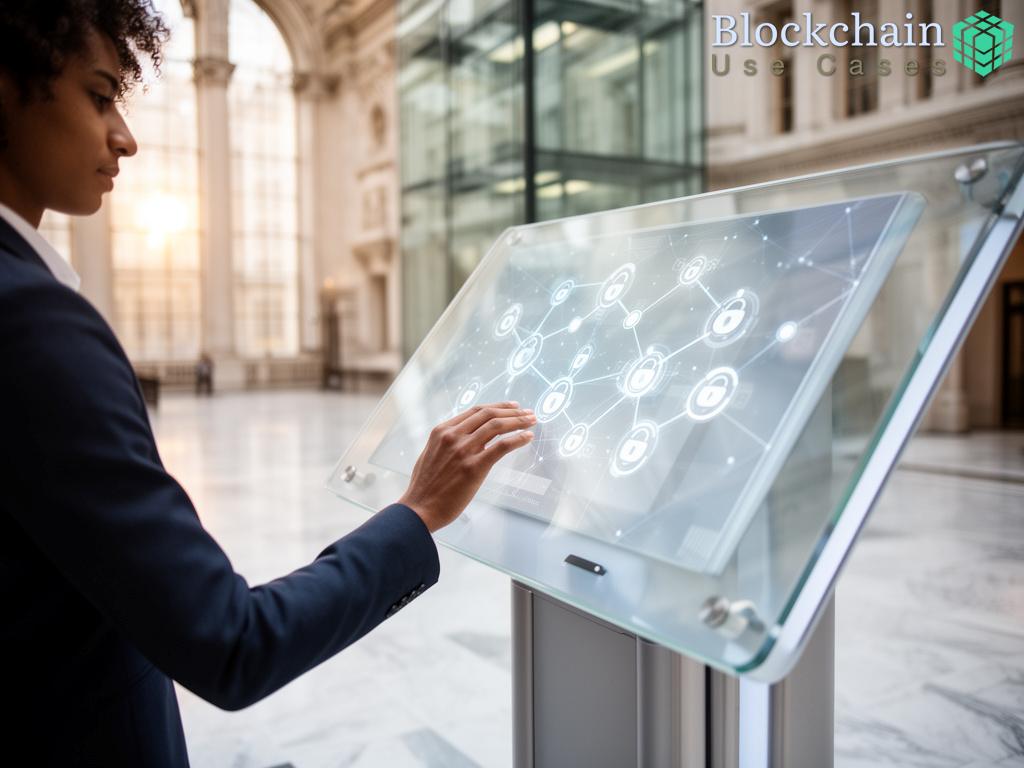Revolutionizing Transparency and Trust
In an era where misinformation can spread as quickly as the news itself, the integrity of election results has become a focal point for many nations. Traditional election reporting methods often leave room for error, manipulation, and public skepticism. Blockchain technology offers a groundbreaking solution that could redefine how votes are counted and reported, ensuring that the democratic process is both transparent and trustworthy.
By utilizing a decentralized ledger system, blockchain provides a secure and immutable record of transactions, or in this case, votes. This not only safeguards against tampering but also allows for real-time reporting that can enhance voter confidence. Here’s how blockchain can transform election result reporting:
- Decentralized Data Storage: Unlike traditional systems that rely on centralized databases, blockchain distributes data across multiple nodes, making it nearly impossible to alter results without consensus.
- Real-Time Updates: With blockchain, election results can be updated in real-time, allowing citizens to access accurate information almost instantaneously.
- Enhanced Security: The cryptographic nature of blockchain technology ensures that data is protected from unauthorized access, reducing the risk of fraud.
Empowering Voters with Real-Time Access
One of the most significant advantages of blockchain in election reporting is its ability to empower voters. By providing real-time access to election results, blockchain enhances civic engagement and encourages transparency. Voters can track the progress of their votes and see the overall election landscape as it unfolds, diminishing feelings of uncertainty.
Moreover, the use of smart contracts within blockchain can automate the verification process, ensuring that once a vote is cast, it cannot be altered or removed. This automatic and transparent verification process fosters trust among the electorate, allowing people to feel confident in the integrity of the election.
Challenges and Future Outlook
While the benefits of blockchain in election result reporting are significant, there are challenges that must be addressed. Issues such as digital divide, technological literacy, and the initial costs of implementing blockchain systems can pose obstacles. However, with proper planning and investment, these challenges can be overcome.
As we look to the future, the integration of blockchain technology in electoral processes could become a standard practice. The key will be to build an understanding and trust among all stakeholders, including government officials, voters, and technology providers. By doing so, we can create a more transparent, efficient, and trustworthy electoral process that reflects the true will of the people.
“





